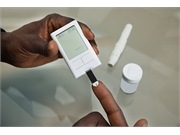
Diabetic kidney disease (DKD) is a leading cause of chronic kidney disease, creating a need for identification of noninvasive biomarkers of DKD beyond proteinuria. Soie Kwon, MD, and Jin Seong Hyeon and colleagues in the Republic of Korea conducted a study to identity urinary targeted metabolomics in patients with DKD.
The study examined 26 urinary metabolites in consecutive patients with DKD stage 1-5 (n=208) and health controls (n=26). The researches sought to evaluate the relationships between estimated glomerular filtration rate (eGFR) or urine protein-creatinine ratio (UPCR) and metabolites.
The relationships between urinary metabolites and the target outcome of end-stage renal disease (ESRD) were estimated using multivariate Cox analysis. Diagnosis validity was assesses using C statistics and time-dependent receiver operating characteristics (ROC).
During a median follow-up of 4.5 years, 44.0% of the DKD arm (n=103) progressed to ESRD and 27.8% (n=65) died. The median fold changes of nine metabolites belonging to monosaccharide and tricarboxylic acid (TCA) cycle metabolites tended to increase with DKD stage. There were correlations between myo-inositol, choline, and citrates and eGFR and choline. Mannose and myo-inositol were correlated with UPCR.
There were associations between elevated urinary monosaccharide and TCA cycle metabolites and increased mortality and progression to ESRD. The predictive power of ESRD progression was high with choline, myo-inositol, and citrate. Urinary metabolites alone were less predictive than serum creatinine or UPCR; however, there was an additive effect of myo-inositol with serum creatine and UPCR. In time-dependent ROC, myo-inositol was more predictive than UPCR of 1 year ESRD progression.
In summary, the authors said, “Myo-inositol can be used an additive biomarker of ESRD progression in DKD.”

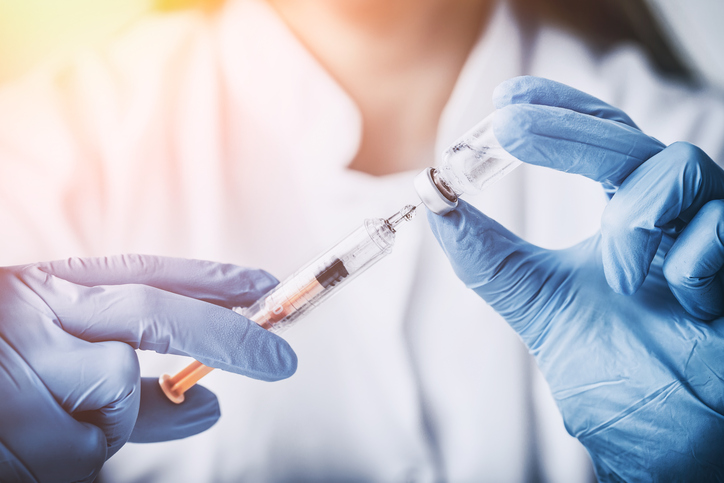
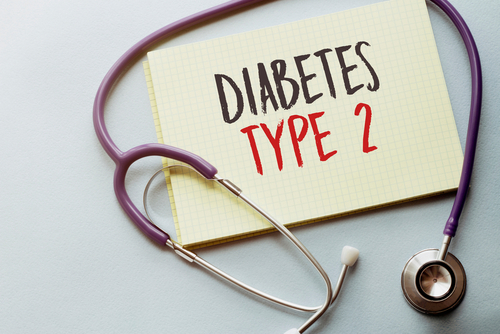
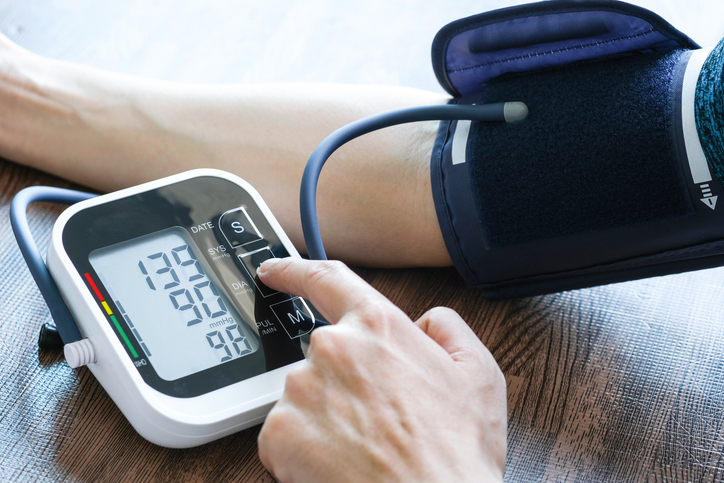

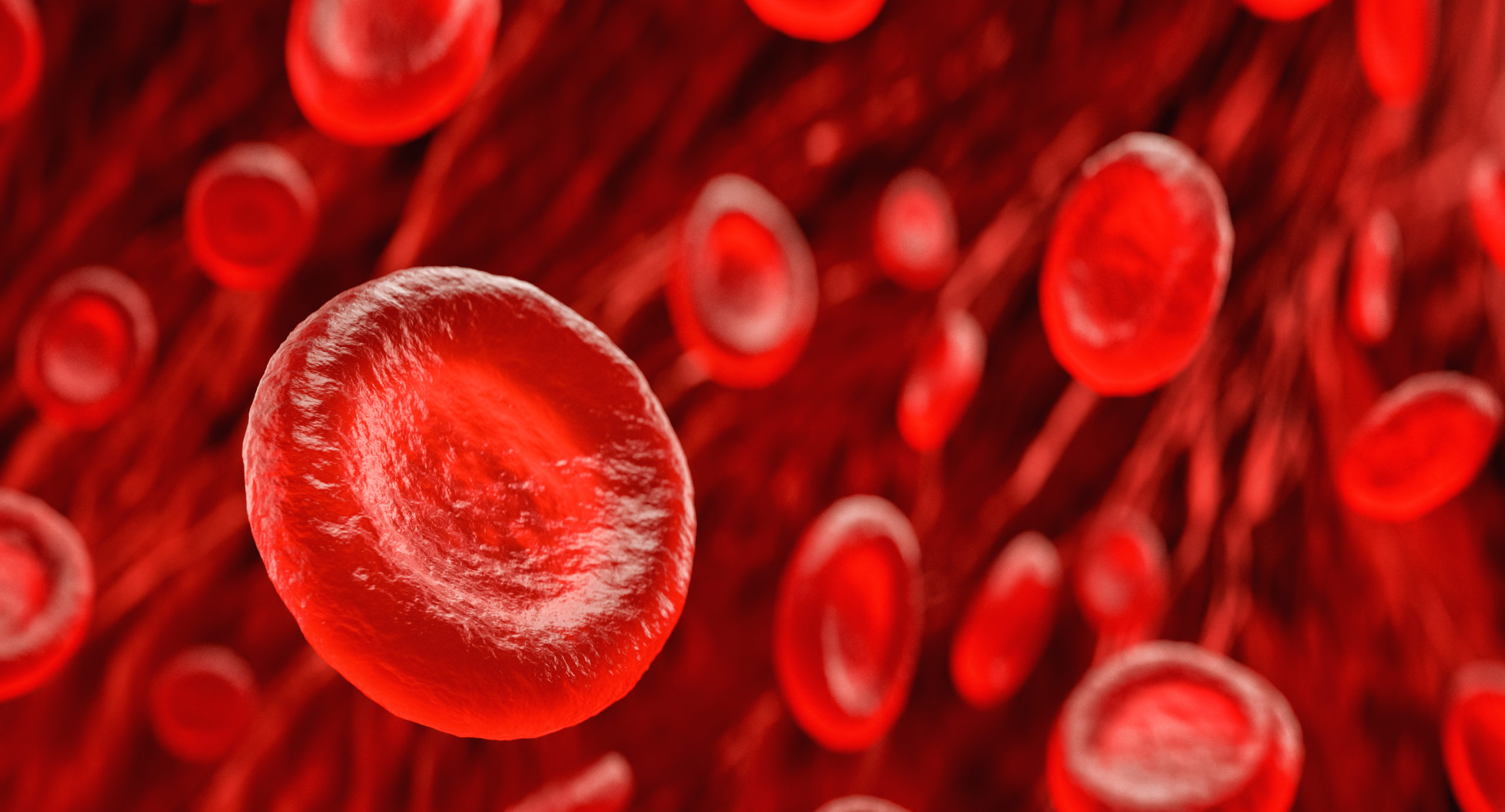

 © 2025 Mashup Media, LLC, a Formedics Property. All Rights Reserved.
© 2025 Mashup Media, LLC, a Formedics Property. All Rights Reserved.